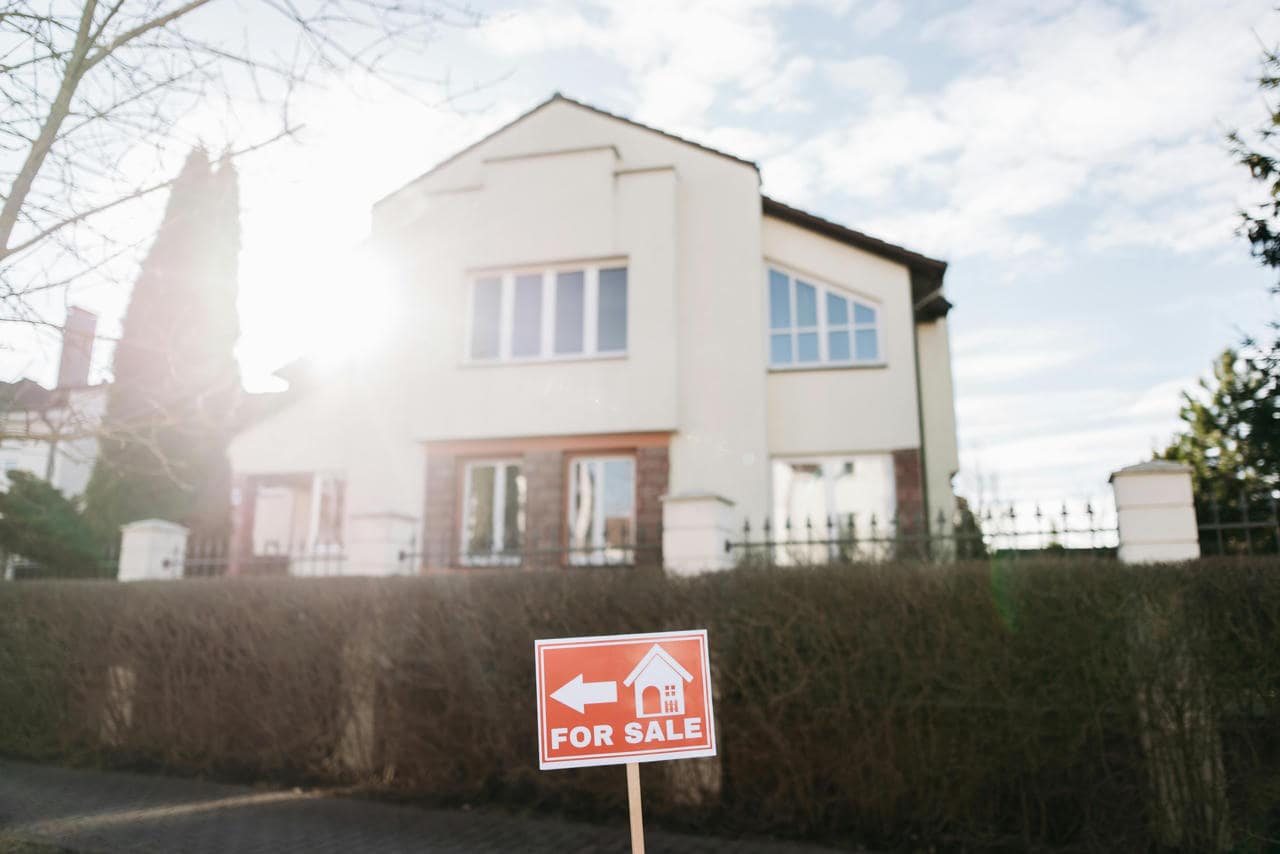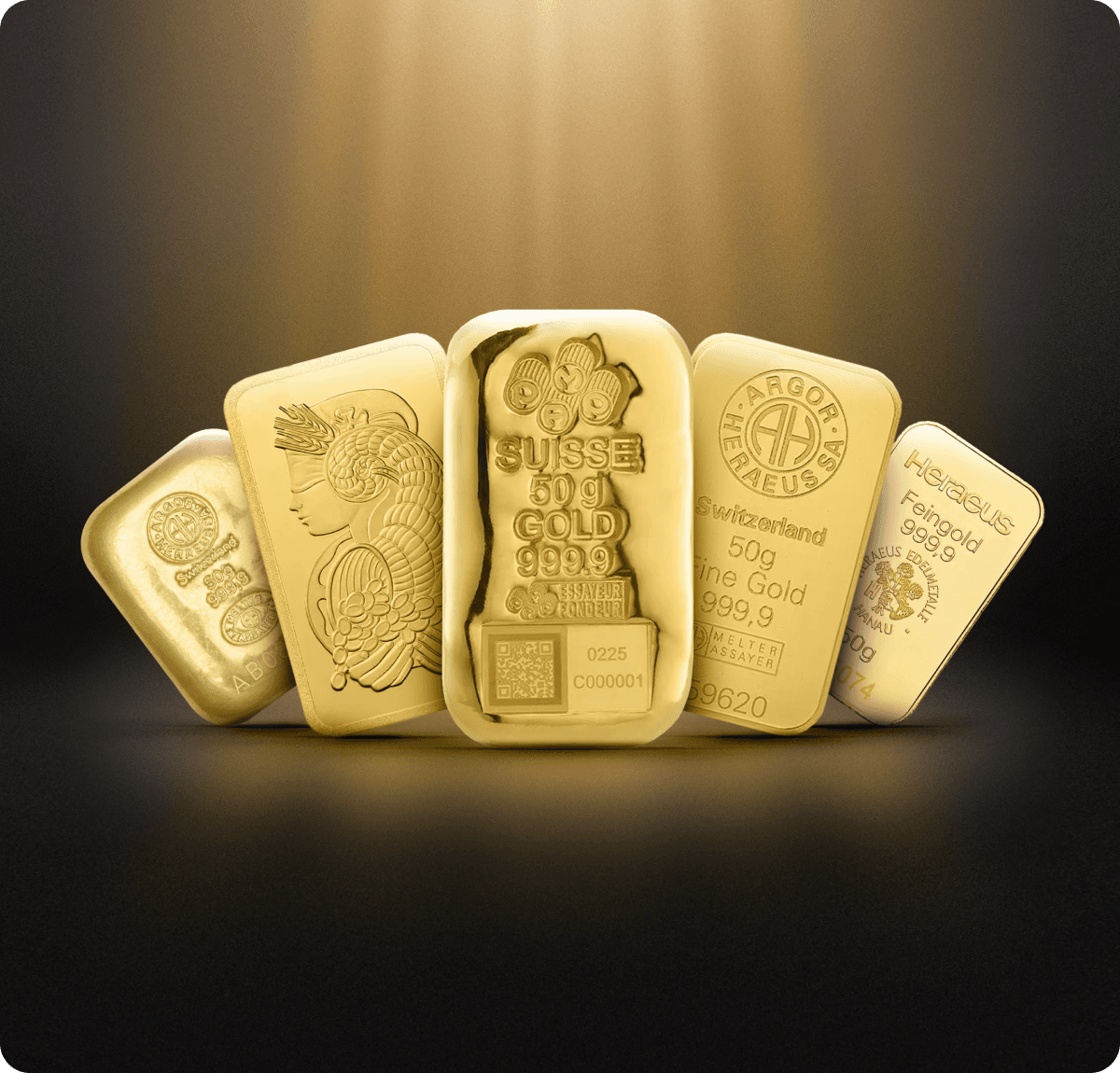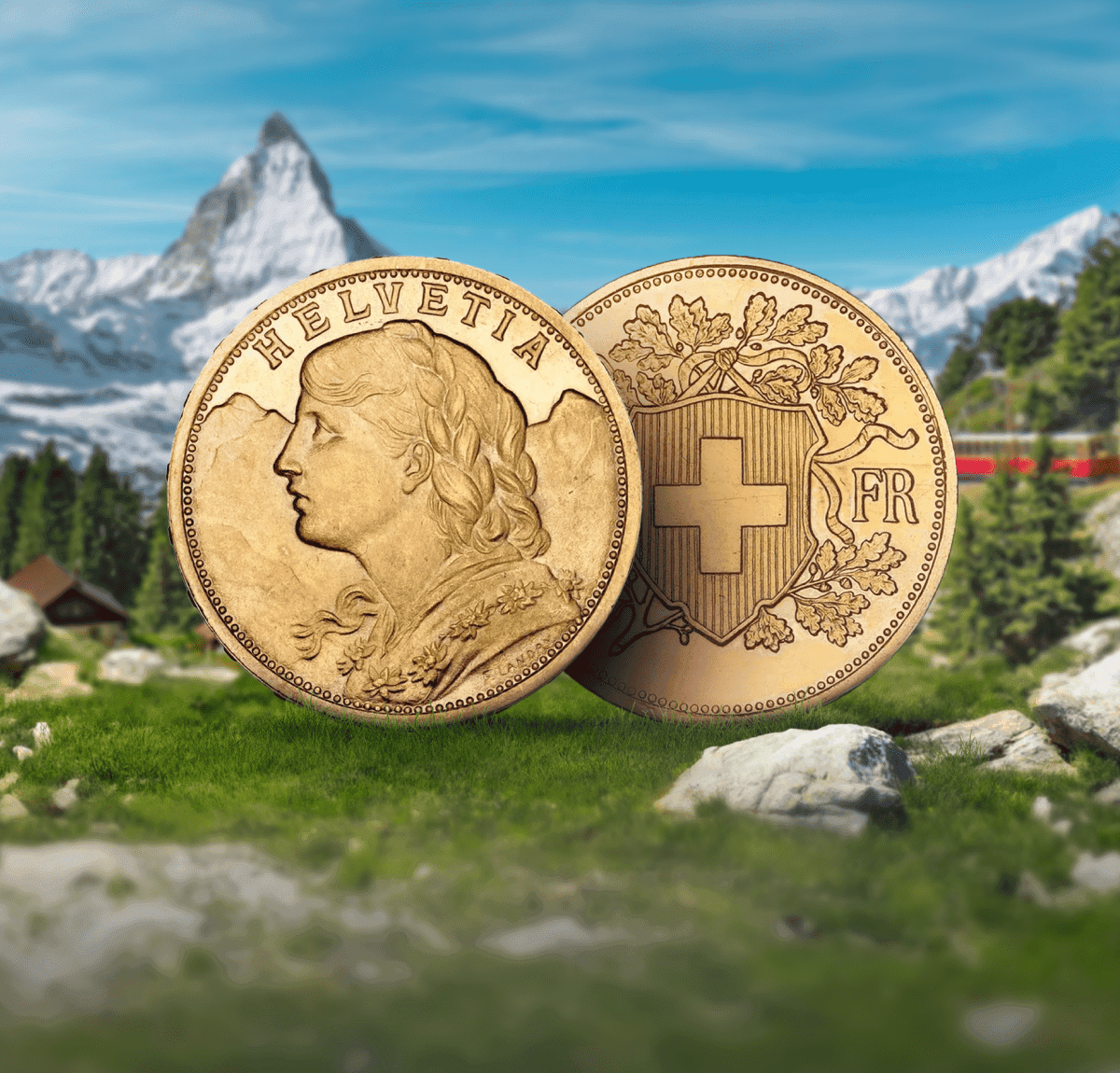Investing in gold or land: Which is the better choice in 2025?

You’re wanting to make a new investment, but you’re torn. Should you opt for the reliable and safe gold, considering gold prices are soaring to record highs? Or should you invest in land – a finite resource that offers opportunities for development, rental income, or resale at a profit? To help you make the right decision, we breakdown the benefits, risks and tax implications of investing in both gold and land below!





